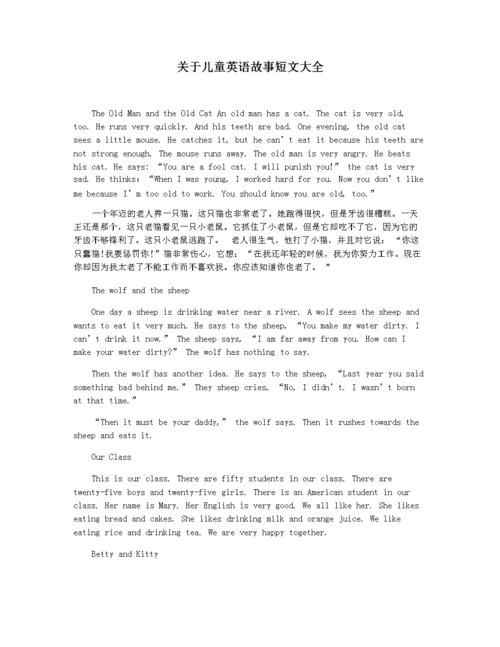关于教育的英语短文100字左右
Title: Nurturing Minds: The Essence of Education

Education is the cornerstone of human civilization, a beacon illuminating the path to progress and enlightenment. In today's dynamic world, it transcends the confines of traditional classrooms, embracing diverse methodologies and technologies to empower individuals and societies. Let's delve into the multifaceted realm of education, exploring its significance, challenges, and the keys to fostering a transformative learning environment.
The Significance of Education:
Education serves as the catalyst for personal growth, equipping individuals with the knowledge, skills, and values necessary to navigate life's complexities. Beyond academic achievements, it cultivates critical thinking, creativity, and empathy, nurturing wellrounded individuals capable of contributing meaningfully to society.
Moreover, education is a powerful tool for social mobility, breaking the shackles of poverty and inequality. By providing equal access to quality education, societies can bridge the gap between privilege and disadvantage, fostering inclusive growth and prosperity.
Challenges in Education:
Despite its pivotal role, education grapples with numerous challenges, ranging from inadequate infrastructure to outdated curricula. In many regions, disparities in access to education persist, depriving marginalized communities of opportunities for advancement.
Furthermore, the digital divide exacerbates inequality, with disadvantaged students lacking access to essential resources for online learning. Additionally, issues such as teacher shortages, overcrowded classrooms, and socioeconomic barriers hinder the realization of education's full potential.
Guiding Principles for Transformative Education:
To address these challenges and unlock the transformative power of education, several guiding principles are paramount:
1.
Equity and Inclusion:
Education must be accessible to all, irrespective of socioeconomic background, gender, or ethnicity. Governments and stakeholders must prioritize marginalized communities, ensuring equal opportunities for every child.2.
Innovation and Adaptability:
Embracing innovation is crucial to meet the evolving needs of learners in the digital age. Integrating technology into education enhances engagement and facilitates personalized learning experiences tailored to individual strengths and interests.3.
Quality Teaching:
Teachers are the cornerstone of education, shaping the minds of future generations. Investing in teacher training, professional development, and support systems is essential to foster excellence in teaching and learning.4.
Curricular Relevance:
Curricula should be dynamic, relevant, and responsive to the demands of the modern world. Incorporating interdisciplinary approaches, realworld applications, and socioemotional learning equips students with the skills needed for success in the 21st century.5.
Lifelong Learning:
Education is a lifelong journey, extending beyond formal schooling. Encouraging a culture of lifelong learning empowers individuals to adapt to change, pursue continuous growth, and contribute to a knowledgebased society.Conclusion:
Education is not merely about acquiring knowledge; it's about igniting minds, nurturing curiosity, and fostering a spirit of inquiry. By embracing inclusivity, innovation, and quality, we can harness the transformative power of education to build a brighter, more equitable future for generations to come.
In the words of Nelson Mandela, "Education is the most powerful weapon which you can use to change the world." Let us wield this weapon wisely, shaping a world where every individual has the opportunity to thrive and contribute to the collective progress of humanity.
[Word Count: 518]
[End of Document]
版权声明
本文仅代表作者观点,不代表百度立场。
本文系作者授权百度百家发表,未经许可,不得转载。











